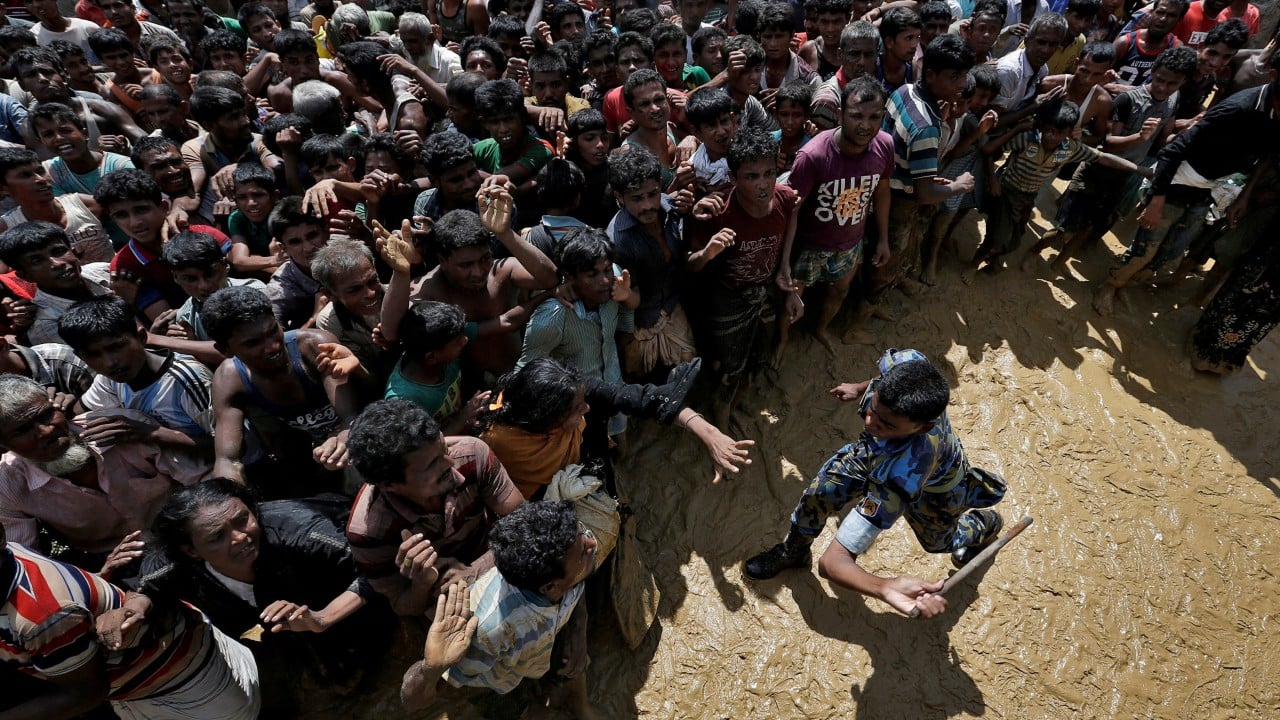The Rohingya people have endured one of the world’s most protracted, yet least visible, humanitarian crises. Nearly one million Rohingya refugees live in what were supposed to be temporary camps in Bangladesh’s Cox’s Bazar. They still have little prospect of returning to Myanmar’s Rakhine state.
Advertisement
But at a recent conference in Dhaka, the Rohingya people were, for the first time, given a voice. Their message was clear: they do not want more aid. They need to go home. China is well placed to help make that happen.
For years, international aid helped to maintain this stasis. But the recent funding collapse at the US Agency for International Development (USAID) has left families with fewer rations and less access to humanitarian support. The conversation must move away from aid flows and towards a permanent solution.
Without a political solution that ensures their safe and dignified return to Myanmar, the crisis could trigger further unrest in the Bay of Bengal. This is where China has both the capacity and incentive to act. Rakhine state is not only central to Rohingya identity, but also to the interests of China’s economic and strategic development.
The Kyaukphyu deep-sea port, along with the oil and gas pipelines that traverse Rakhine, are integral parts of the Belt and Road Initiative. These projects are designed to enhance connectivity between China and the Indian Ocean, reducing reliance on the congested Malacca Strait.
Advertisement
Yet their long-term success depends on stability in Rakhine. Unrest and refugee outflows could continue to disrupt these projects. That’s why Rohingya repatriation is both a humanitarian and economic imperative.

